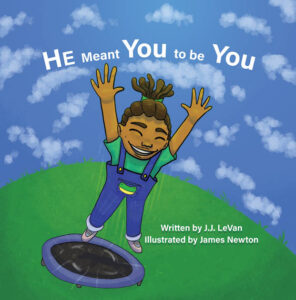Hop, Skip, and a Jump
 Only a hop, skip, and a jump separate these two rock formations. However, I don’t want to try that jump, do you?
Only a hop, skip, and a jump separate these two rock formations. However, I don’t want to try that jump, do you?
A hop, skip, and a jump means a short distance.
To get from one place to another takes little time. As a child, I lived close to my Uncle Lowell. Perhaps, like me, you have often walked to nearby favorite places.
A hop, skip, and a jump also means similar.
This includes closely related:
- Ideas
- Work
- Activities
- Words
- Interests
According to The Free Dictionary, this idiom dates to the early 1700s.
It “originally referred to an exercise or game involving these movements.” However, it was used figuratively by the mid-1800s.
Similar expressions rearrange or eliminate part of the words.
Compared to eternity, this life is only a hop, skip, and a jump from start to finish.
Let’s use our time wisely until we reach the end of the road.
“My only aim is to finish the race and complete the task the Lord Jesus has given me—the task of testifying to the good news of God’s grace” (Acts 20:24 NIV).
Thanks to Kristy Robinson Horine for the suggestion.
Do you have an expression you want explained or thoughts on this one? If so, please comment below.
Subscribe to receive my weekly posts by email and receive a free copy of “Words of Hope for Days that Hurt.”
If you enjoyed this post, please share it with your friends.









